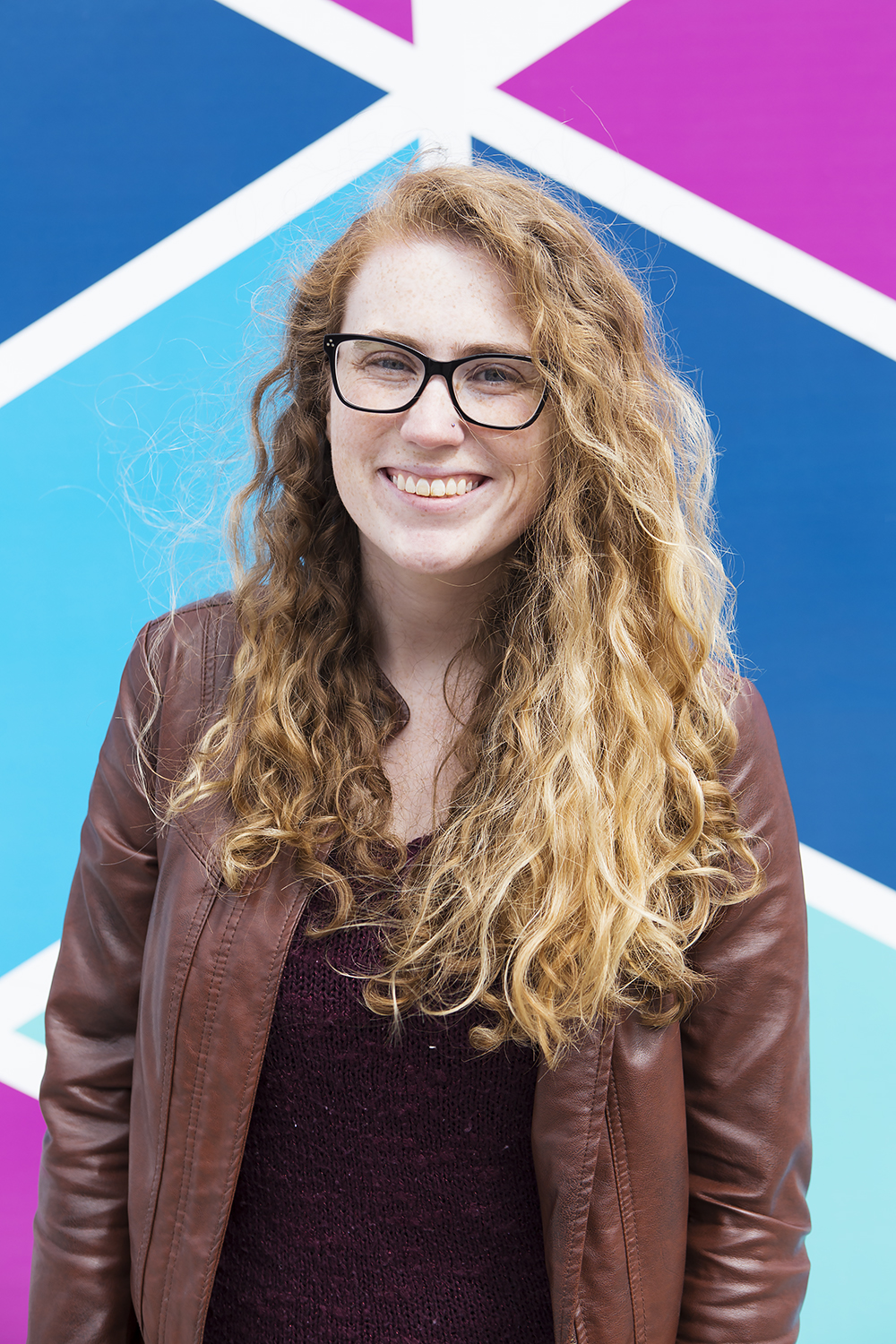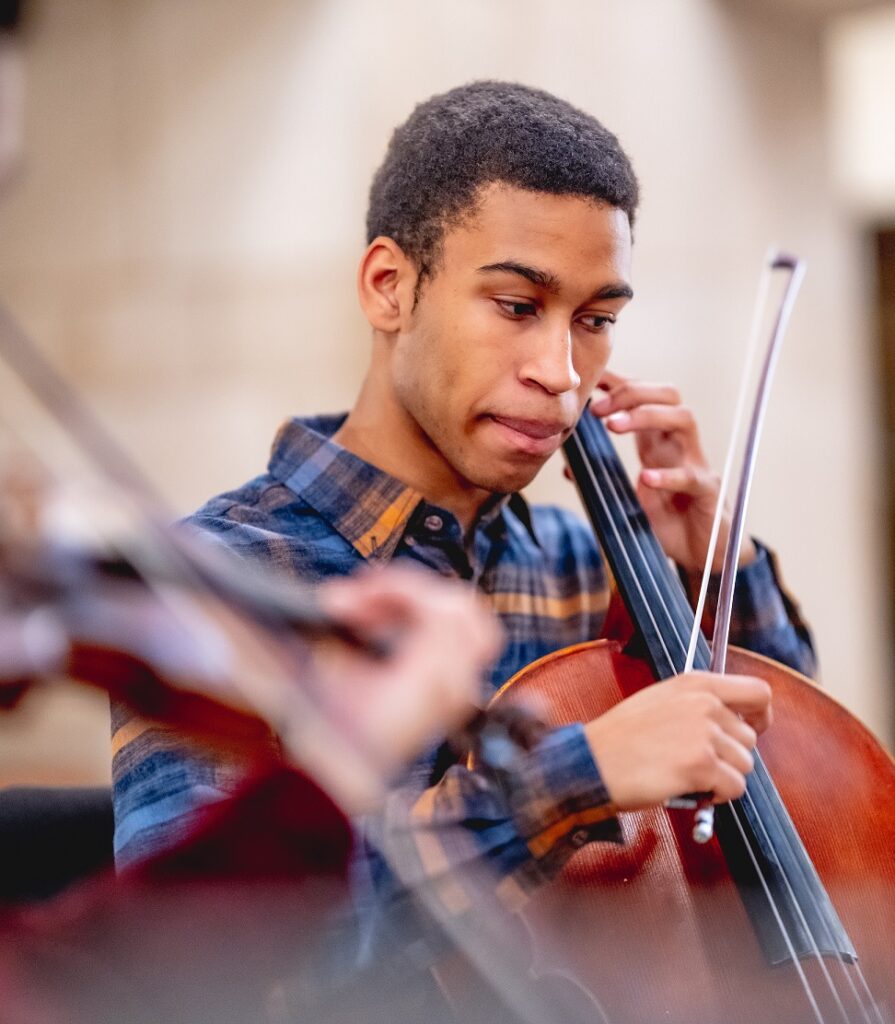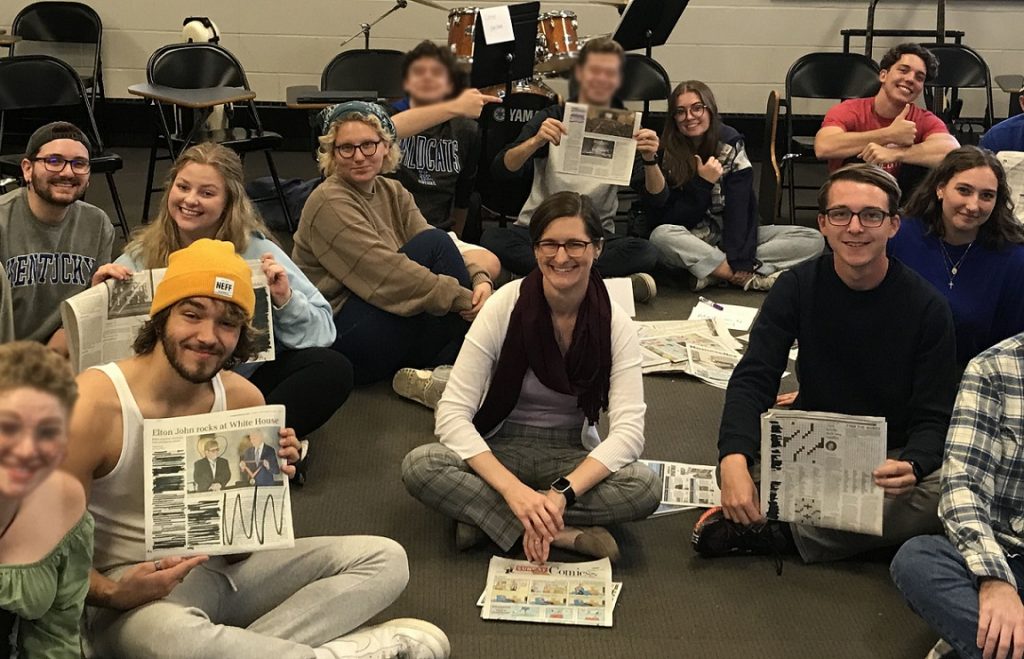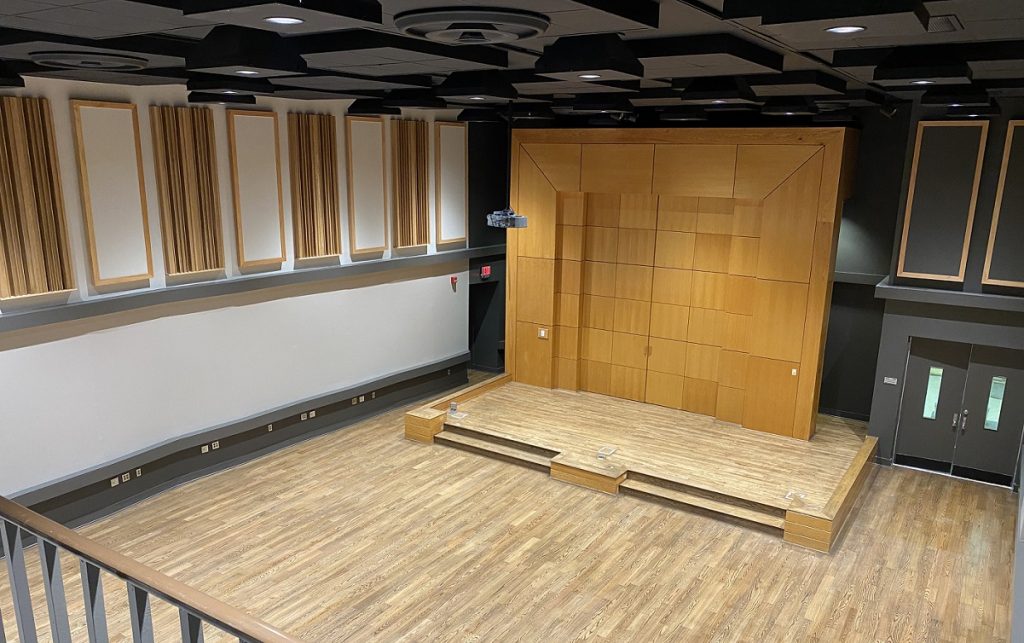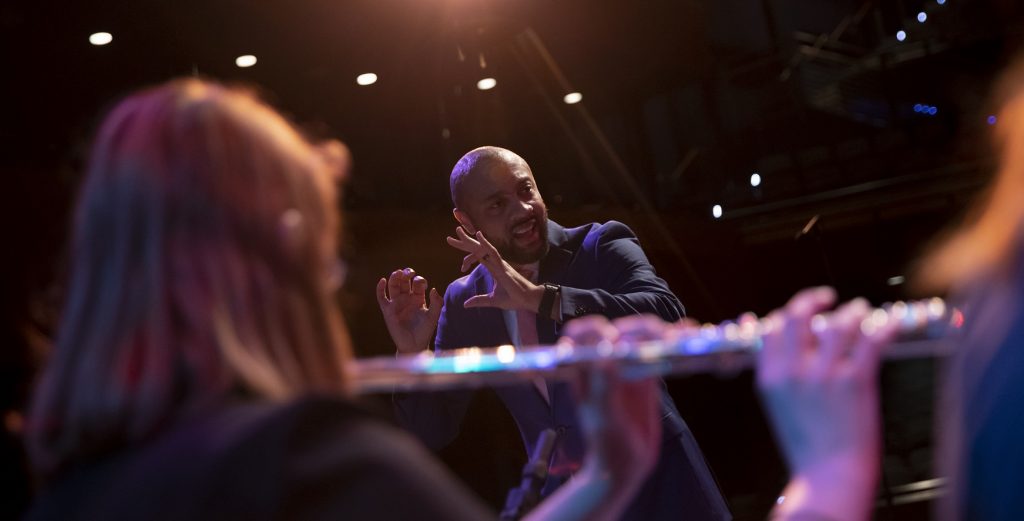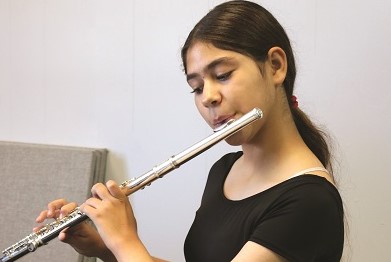Tagged Under:
Berklee’s Outreach Program Celebrates 30 Years of Success
Berklee City Music proves that music education is alive and well in Boston with K-12 after-school and summer programs and a variety of ensembles in multiple genres. This outreach now extends beyond Beantown through partner programs to reach more than 60,000 students ever year.
For the past 30 years, Berklee City Music — a part of the world-renowned Berklee College of Music in Boston — has been providing educational opportunities to a diverse range of elementary, middle and high school students with one thing in common: a strong passion for music. It was launched in response to Boston schools cutting music programs due to funding shortages.
“[The program] started to address a need,” says Dr. Krystal Banfield, Vice President of Education Outreach & Social Entrepreneurship for Berklee City Music. “There was a loss in music educational opportunities for young people in Boston in the early 1990s. The then-president and namesake of the school, Lee Berk, wanted to have some kind of program for local kids that would give them a leg up.”
Since its local beginnings, Berklee City Music has grown to include after-school and summer programs, a variety of ensembles in multiple music genres, and partner programs outside of Boston. To date, Berklee City Music has awarded more than 280 college scholarships for music students and 2,000 scholarships for high school students to attend its summer programs. The program also has 46 partner organizations around the world as part of the Berklee City Music Network, which creates a total reach of more than 60,000 students annually.
Despite these impressive numbers and association with such a prestigious music college, Berklee City Music doesn’t solely focus on the academics of music education. The program also emphasizes the development of the whole student: preparing them for college, a future career and a life of independence. “Music lends itself so much to helping our young people find their voices,” Banfield says.
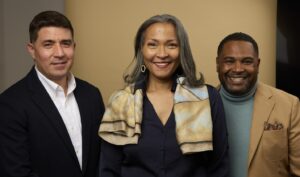
Starting Local
During its beginnings in 1993, Berklee City Music aimed to provide music opportunities for students in Boston public schools, especially those impacted by budget cuts. “There was a removal of music programs within the public schools. This was Berklee’s way of responding to that call,” says Misael Martinez, Assistant Vice President of Social Entrepreneurship and Creative Youth Development. “[Berklee saw that] a lot of reinforcement was needed to make up the gap between the students who had resources and those who didn’t. We wanted to catch them up, so they weren’t behind when competing for admission to an institution such as Berklee.”
The program’s top priority was to create an educational environment filled with college-caliber teachers, classes and equipment. “Berklee did an amazing job bringing practitioners to allow students to experience what it would be like to have theory classes and ensemble classes,” Martinez says. “It started creating the roots of the work that we do. Not only did students have the music and the instruction, but they were also exposed to the environment, culture and people.”
Currently, Berklee City Music offers two academies for its after-school programs: the Preparatory Academy for 3rd through 8th grade, and the High School Academy for students in 9th to 12th grade. Both academies provide students with music theory classes, ensemble performance opportunities and one-on-one lessons with an instructor.
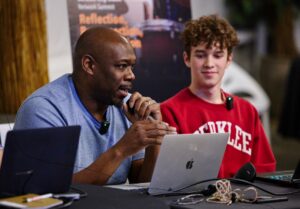
A College Experience
To participate in Berklee City Music, prospective students must first audition. “Prior to students getting onboarded, they must go through a whole application process that is similar to applying to a performing arts school,” Martinez says. “Every student who enters the program is proctored through Berklee College faculty and looked at for their musicianship.”
However, it’s not just the caliber of instruction that helps prepare students for college; the entire recruitment and onboarding process is designed to mimic college admissions. “If they’re selected to participate … it’s like they’re matriculated into a college experience,” Martinez says. “Students must be autonomous on campus, so we make sure it’s a realistic match. They get a Berklee ID and sit down with an advisor and get a class schedule.”
A typical schedule will include three weekly classes for each student: a one-on-one lesson, a music theory class and an ensemble rehearsal.
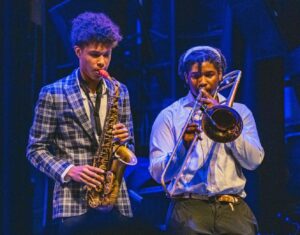
A Contemporary Curriculum
Much of the music repertoire is student-selected and includes contemporary and popular music rather than classical. “It’s contemporary music, so it’s their music,” says Banfield. “It’s meeting the kids where they are [with] what they love about whatever the music is of the day.”
To choose contemporary music selections, the program’s artistic director selects a theme, and then educators allow students to choose music within that theme to perform. “When it comes time for music selection, a lot of the music is student-selected through a process that allows them to have agency and voice,” Martinez says.
For example, Martinez explains, one past theme was 1990s R&B. The artistic director chose artists such as Janet Jackson and Prince, and then teachers presented those artists to their students and asked them for specific song suggestions for their ensembles to perform. Some of the songs selected included “I Get So Lonely,” “Scream” and “Runaway” by Jackson, and “Nothing Compares 2 U,” “Purple Rain” and “Thieves in the Temple” by Prince. “Students have the ability to take all these different genres and create their own version of it,” Martinez says. “It allows everyone to shape where the curriculum is going.”
Berklee City Music includes multiple ensembles, including groups for rock, jazz and R&B specifically.
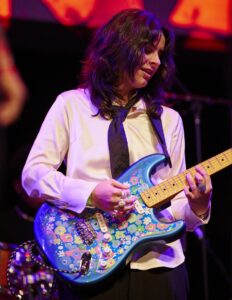
Beyond Beantown
During the past three decades, Berklee City Music has expanded its reach beyond Boston schools through two main avenues: 1) affiliated “clubhouse” programs and 2) a five-week summer music camp on Berklee’s campus.
As the program grew, Banfield and staff decided to expand Berklee City Music’s network to serve more students, even those outside of Boston. It began partnering with other youth development organizations, such as Boys & Girls Clubs, to create satellite clubhouses with the same educational mission.
“We knew that we wouldn’t be able to serve everyone, so we wanted to help these after-school programs,” Martinez says. “They started looking at a national model using the same design, then offering those programs we partnered with similar resources to what we offer the Boston public schools. We want to support the work that they’re doing.”
Berklee City Music also offers a five-week summer program in July and August on the Berklee College campus. This program is open to all students, even those outside of Boston schools. When students enroll in an after-school program — either through Berklee City Music or through one of its affiliated “clubhouse” organizations — they become eligible to win a scholarship to the summer program.
Much like the after-school program, the five-week summer program emphasizes the importance of preparing students for life in college. But outside of gaining independence on a college campus for the first time, some students experience other “firsts” through Berklee City Music.
Arin Canbolat, Associate Dean of Education, Outreach and Social Entrepreneurship, recalls one student who was awarded a scholarship to Berklee’s summer program. To get to Boston, he had to ride in an airplane for the first time in his life. “He got the five-week scholarship, and during his first-ever flight, he had his head between his legs the whole time,” Canbolat says. “It’s life-changing in every sense.”
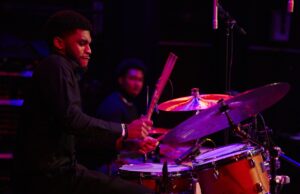
A Holistic Approach
Because children and teenagers are still developing mentally and emotionally, a truly transformative education must span beyond the academic. “You can’t separate the culture and the practice from what music is intended to do — which is to reach hearts — without considering what it means to develop young people as well,” says Banfield.
As a result, Berklee City Music staff includes specialists in the areas of youth development, social and emotional learning, and mental health.
Berklee faculty members use this holistic approach to education when evaluating student performance. When they assess students, they’re looking at their development as whole people, not just as musicians. “At the end of the program, they get a report card,” Martinez says. “Not only are they being assessed for their musicianship, but also for their leadership, and how they are engaged and involved. We want to make sure they know that we’re looking at how they can go and be citizens of the world.”
Berklee City Music aims to prepare students for the next stage of their life — which, for many of them, will be college — whether they continue studying music or move into a different field. Martinez explains that many students in the program choose to apply to Berklee College of Music. “We prepare them for wherever they decide to go, whatever the field is. What they learn with us can be part of their toolkit,” he says. “While we’re working specifically in music, our goal is to prepare them for life.”
The numbers point to educational programs like Berklee City Music helping high school students prepare for a successful life post-graduation. According to Canbolat, City Music students who received the Berklee City Music full-tuition scholarship to attend Berklee for college, “have an average GPA of 3.34, credit completion of 93% and graduation is 15% to 25% higher than the rest of the college.”
These success statistics help pre-college programs continue to thrive. “That’s a testament to what happens at the pre-college levels,” Canbolat says. “We have all these facts that say the way we do things at Berklee City Music is really working!”
Berklee College of Music is one of 10 distinguished colleges and universities selected to be part of the inaugural Yamaha Institution of Excellence program, which recognizes extraordinary commitment to innovation in the study of music. The Yamaha Institutions of Excellence were chosen for their dedication to providing unique and challenging experiences to music students through diversity of thought and curriculum. They are also recognized for exposing students to a wider variety of voices and opportunities and preparing them for the modern world of music.









